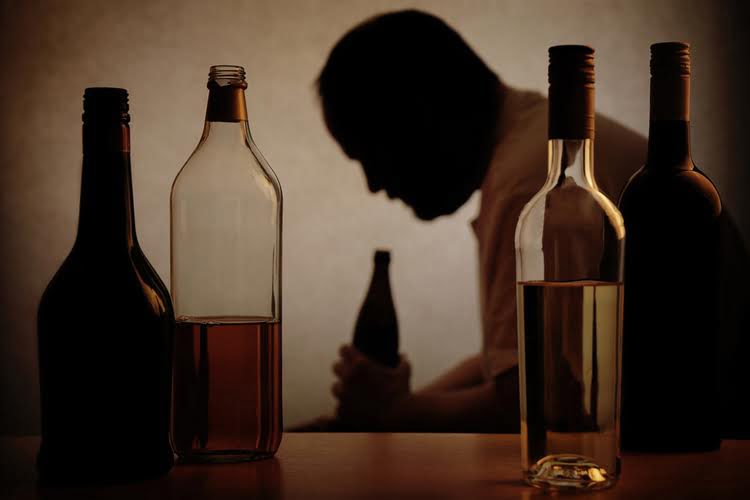Content
We believe that everyone should be treated with dignity and respect. RICARES is a grassroots recovery effort located in Providence, Rhode Island that focuses on creating a socially just community for all Rhode Islanders impacted by alcohol and substance use disorders. Recovery support services help people enter into and navigate systems of care, remove barriers to recovery, stay engaged in the recovery process, and live full lives in communities of their choice. Peer support assists individuals to engage or stay connected to the recovery process through a shared understanding, respect, and mutual empowerment.
Previously, all of your free time was most likely spent using drugs and alcohol. Now, without those things in your life, you’ll need to learn how to use your time in other ways. These things may include meditating, reading, playing sports, working, or taking up a new hobby. Enrolling in a sober living program after completing your drug rehab program can be great. It can also provide a structure that will help you create a new lifestyle in recovery.
Recovery and Resilience
Not everybody requires medically supervised detox or an extended stint in rehab. The care you need depends on a variety of factors, including your age, drug-use history, medical or psychiatric conditions. In addition to doctors and psychologists, many clergy members, social workers, and counselors offer addiction treatment services.
Yes, pets are a responsibility, but caring for an animal makes you feel loved and needed. Yoga and meditation are also excellent ways to bust stress and find balance. Different quick stress relief strategies work better for some people than others. There are several other ways in which recovery can be defined – some, for example, mention the resolution of a substance use problem, while others specify abstinence.
Stress and Prescription Drug Addiction
You can choose to get back on the path to recovery and use the experience to strengthen your commitment. Surround yourself with people who support your sobriety, not those who tempt you to slip back into old, destructive habits. Once you’re sober, the negative feelings that you dampened with drugs will resurface. For treatment to be successful, you’ll first need to resolve your underlying issues. Having the support of friends and family members is an invaluable asset in recovery. If you’re reluctant to turn to your loved ones because you’ve let them down before, consider going to relationship counseling or family therapy.

If your addiction is to a prescription drug that relieves pain, ask your doctor for a referral to a pain specialist if you want to explore other options for pain control. Everyone needs the support of others in their lives, and your friends and family can make up your support network. Recovering from an addiction of any kind is challenging, but it is worth it. Keep in mind that difficulties and setbacks are normal, so be patient with yourself. But someone who has just given up an important source of pleasure may not be ready to make other drastic lifestyle changes. So, it is more important that the person avoid returning to substance use than sticking with a strict diet.
Maintenance & Relapse
People who are in the first stage of addiction recovery aren’t yet ready for any addiction treatment program. This phase is characterized by defensiveness and endless justification of their behavior. There’s a clear lack of insight into the negative impact of excessive drug or alcohol use and a strong focus on the positive effects they experience from using their drug of choice. Alcohol and drug abuse can tear families apart and transform loving and successful individuals into desperate, lonely husks of their former selves. Even though the impact is devastating, there is a light at the end of the tunnel.
It’s an extremely difficult and often painful process that takes time and plenty of hard work. Throughout the many obstacles of recovery, it can be tempting for an individual to fall back into sober house their old habits. Their addiction has taught them to seek refuge in drugs or alcohol to cope with difficulty, and recovery is one of the biggest challenges they’ll have to face in life.
The act of helping others further helped the participants to sustain their own recovery. Sustained recovery is enhanced by strong and ongoing support from specialised substance abuse support and/or religious groups. For effective coping during transition, individuals need access to a range of support types. Several studies have been conducted in relation to the effectiveness of 12-Step and other support group involvement in sustained abstinence [30, 41, 42].



